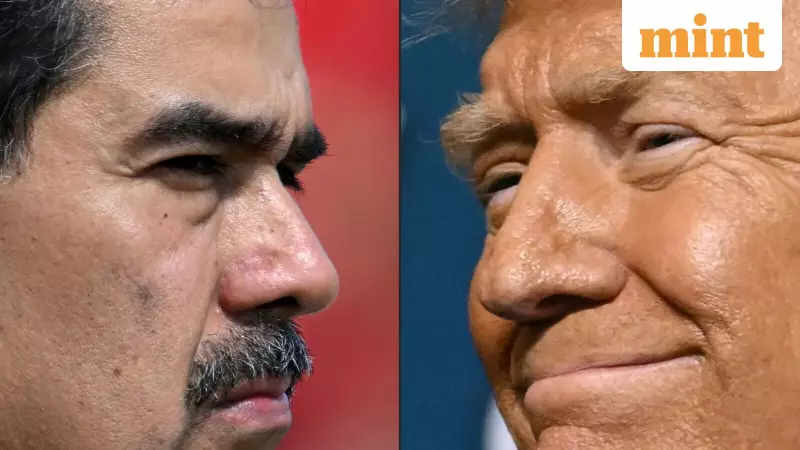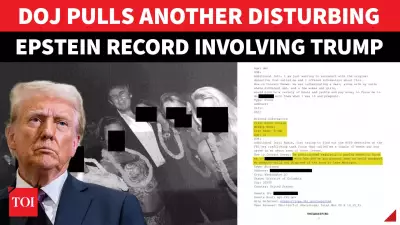
President Donald Trump has been presented with freshly updated military plans concerning potential operations in Venezuela, according to senior administration officials who confirmed the developments to ABC News. The crucial briefing occurred on Wednesday, coinciding with the strategic positioning of the USS Gerald Ford, the planet's largest aircraft carrier, within the US Southern Command's operational zone north of the Caribbean Sea.
Massive Military Deployment to Caribbean
The arrival of the carrier strike group represents a substantial escalation of American military presence in the region. The USS Gerald Ford brings approximately 60 aircraft, including advanced F-18 fighter jets, dramatically enhancing US operational capabilities. This deployment boosts the total number of American military personnel across Latin America to around 15,000 troops, signaling Washington's intensified focus on the hemisphere.
Despite the significant military buildup, administration officials were quick to emphasize that the review of options does not necessarily indicate an impending attack. One senior source specifically cautioned that the briefing itself should not be interpreted as a signal that military action is imminent.
Range of Military Options Under Consideration
According to defense officials familiar with the discussions, Trump has been evaluating multiple potential responses for several weeks. The spectrum of options presented to the President ranges widely from maintaining the current stance of taking no military action to conducting targeted air strikes on critical Venezuelan infrastructure.
The potential targets under discussion include Venezuelan seaports, airports, and key military installations. A considerably more aggressive option—though considered less probable—involves deploying special operations forces with the objective of capturing or eliminating Venezuelan President Nicolás Maduro along with his top advisers.
The high-level briefing was delivered by Defense Secretary Pete Hegseth and General Dan Caine, Chairman of the Joint Chiefs of Staff. Notably absent were Secretary of State Marco Rubio, who was participating in the G7 foreign ministers' summit in Canada, and CIA Director John Ratcliffe.
Operation Southern Spear Formalized
On Thursday, Defense Secretary Hegseth publicly confirmed that the administration's enhanced regional military posture has been officially designated as Operation Southern Spear. This formal naming underscores the growing attention and resources Washington is directing toward Latin American security matters.
President Trump has repeatedly accused Maduro's government of facilitating drug trafficking operations and encouraging illegal migration toward the United States. The American leader has consistently urged the Venezuelan president to step down from power, maintaining pressure through diplomatic and economic measures.
Legal Questions Surround Potential Action
Significant legal uncertainties continue to surround any potential military intervention in Venezuela. The news report indicated that Senators received briefings late last month concerning a classified Pentagon target list inside Venezuelan territory. However, lawmakers revealed they were informed that the administration's current legal arguments only cover ongoing boat interdiction strikes, not a direct military assault against the Venezuelan state.
The legal justification for any expanded military operation remains unclear, raising important questions about congressional authorization and international law compliance. This ambiguity adds another layer of complexity to the administration's decision-making process regarding Venezuela.





